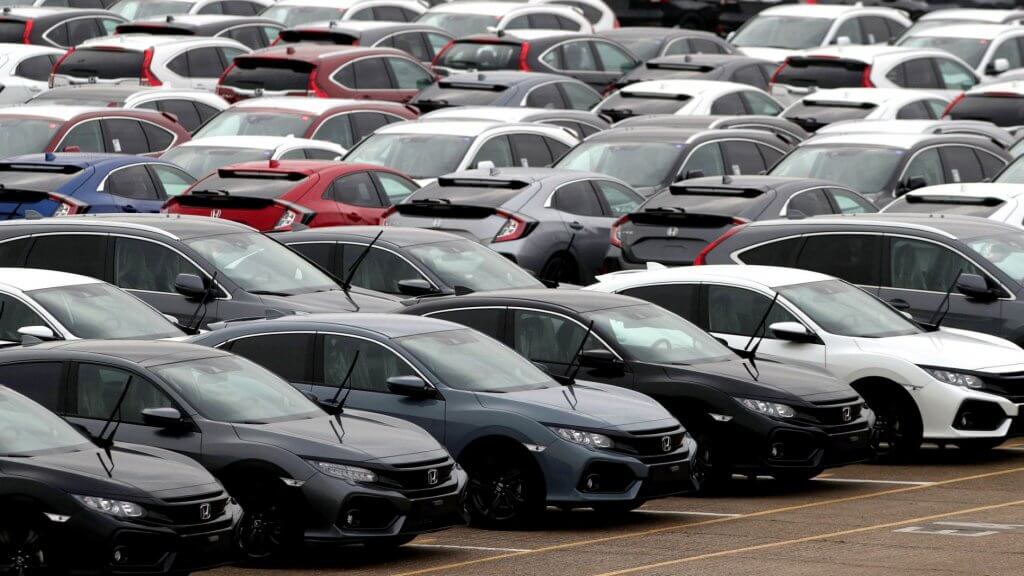New Car Market Sinks To Lowest Level Since 2013

New car sales sunk to a six-year low in 2019 due to low consumer confidence and uncertainty over the treatment of diesel vehicles, the automotive industry has said.
Preliminary figures released by trade body the Society of Motor Manufacturers and Traders (SMMT) show 2.3 million new cars were registered in the UK in 2019, down 2.3% on the previous 12 months.
It is the third consecutive year of decline and is the lowest annual total since 2013.
SMMT chief executive Mike Hawes told reporters that 2019 was “a turbulent 12 months” and described the fall in sales as “a major challenge”.
He attributed the drop in registrations to a number of factors, including “very weak” consumer confidence and “confusion” over how diesel cars will be treated when clean air zones are introduced in towns and cities.
Bristol City Council is bidding to ban privately-owned diesel cars from part of the city at certain times – a much more stringent proposal than other areas.
The potential for a “patchwork of different standards” across the country means many people are “keeping hold of their older cars for longer”, Mr Hawes said.

He predicted a further drop in demand this year of 1.6%.
Private sales of new cars in 2019 were down 3.2%, while fleet demand was up 0.9%.
Demand for alternatively-fuelled vehicles was up 20.6%, taking a record market share of 7.4%.
This includes the sale of around 38,000 pure electric cars, which overtook plug-in hybrids in popularity for the first time, following changes to Government grants for low-emission cars in October 2018.
Mr Hawes said the industry had been challenged to meet “some very aggressive goals” over cutting vehicle emissions, such as a Government target of pure electrics having a market share of 50-70% by the end of the decade.
The 2019 figure of 1.6% “shows just how far we need to go”, he warned.
Petrol car registrations saw a modest growth of 3.2%, but this was not close to offsetting the 21.8% plummet in demand for diesel cars.
The market share of diesel cars has nearly halved in three years to around 25% amid concern over their impact on air pollution.
Mr Hawes warned that the falling market share of diesel cars was making it harder for manufacturers to meet targets on cutting CO2.
The average amount emitted by new cars in the UK in 2019 rose by around 2.7%.

EU regulations – which are also expected to be adopted by the UK after Brexit – state that by the end of 2020, new cars must only emit an average of 95g of CO2 per kilometre.
He said the UK needed a “massive shift” to cut its average by around 35% to meet that level.
“We need to get there because the fines are swingeing,” he commented.
He added that UK car makers could face millions of pounds in penalties if they missed the target.
Mr Hawes claimed the industry was “doing its part” by making around 50 plug-in models available in the UK but “societal ambition and Government aspiration” were also key factors.
He went on: “The pure finances do come into effect. These are still expensive technologies. They carry a price premium.
“That’s why incentives are so significant in determining the uptake.”
Final new car registration figures for 2019 were being released at 9am on Monday.
Neil Lancefield is PA Transport Correspondent.




